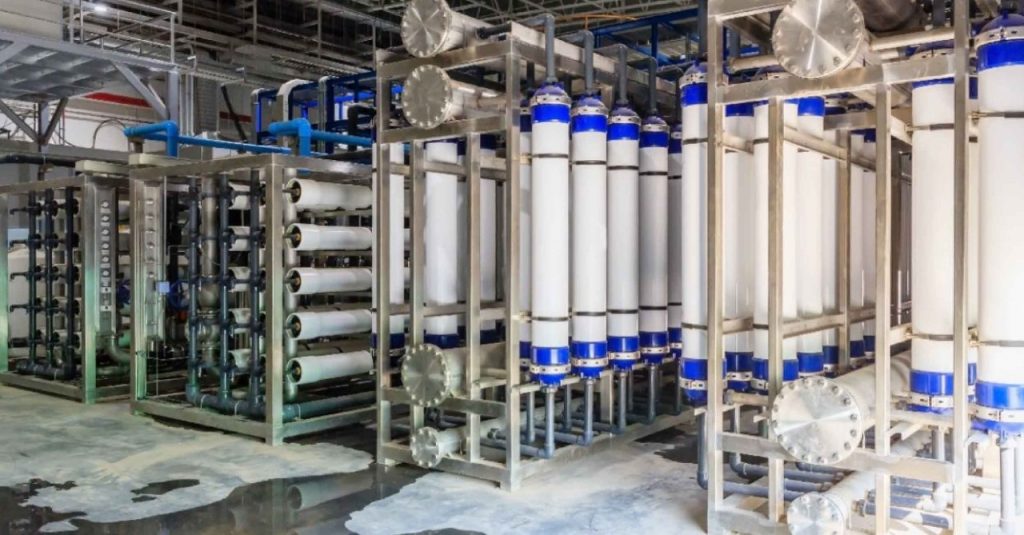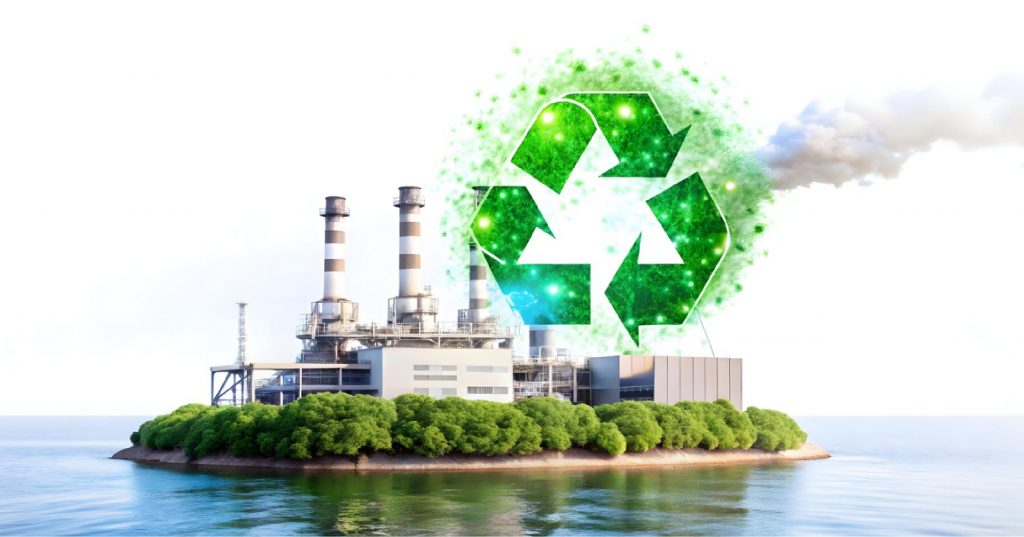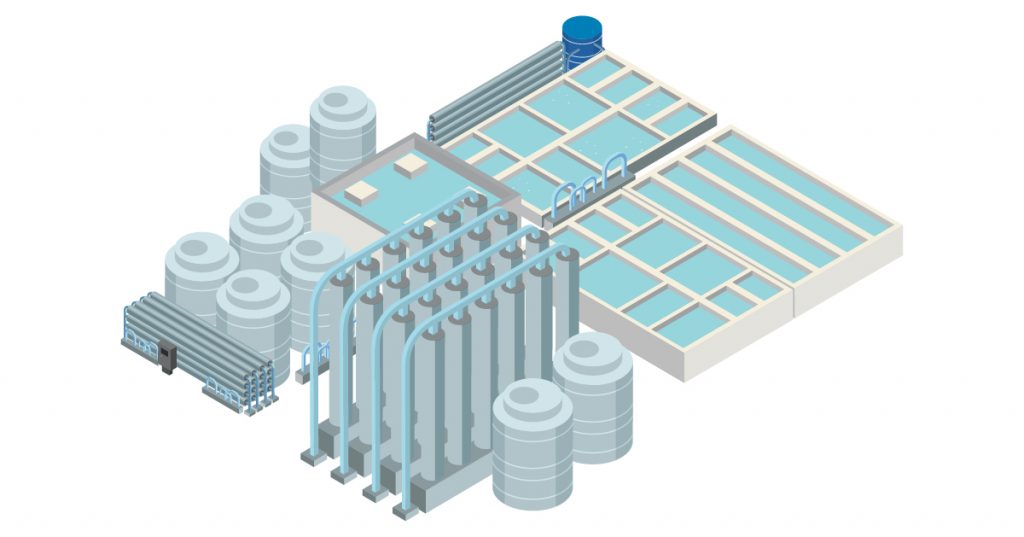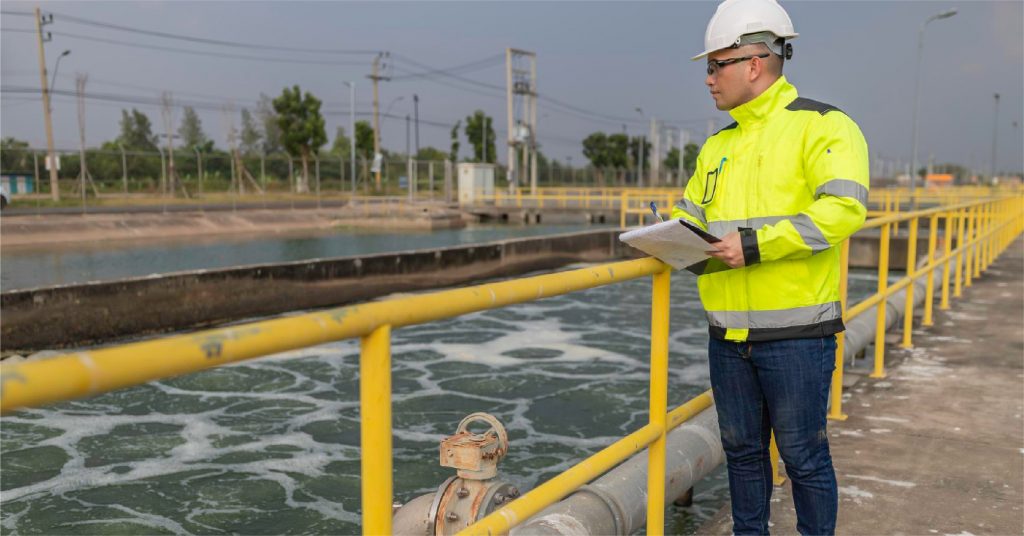Sri Lanka is blessed with abundant natural water resources, yet safe drinking water remains a challenge in many regions. Salinity intrusion in coastal areas, rising industrial activity, and agricultural runoff contribute to water contamination. To address these issues, advanced purification technologies are essential. At the heart of modern treatment is reverse osmosis, a technology redefining water filtration for communities, industries, and institutions across the country.
What is Reverse Osmosis and Why It Matters?
Reverse osmosis is a process where water is forced under pressure through a semi-permeable membrane that filters out salts, chemicals, heavy metals, and microorganisms. The result is clean, high-quality water suitable for drinking and industrial applications.
Unlike traditional filters, a reverse osmosis system provides comprehensive purification by removing both visible and invisible contaminants at the molecular level. This makes it one of the most reliable technologies for Sri Lanka’s diverse water challenges.
Why Sri Lanka Needs Advanced RO Systems?
Several factors make reverse osmosis water systems critical for Sri Lanka’s future:
- Coastal Salinity – Rising sea levels and saltwater intrusion affect groundwater sources in coastal regions, making conventional treatment ineffective.
- Agricultural Runoff – Fertilizers and pesticides contaminate water, demanding advanced purification.
- Industrial Growth – Sectors like textiles, pharmaceuticals, and food processing require ultrapure water for production.
- Public Health – Communities need consistent access to safe drinking water to prevent disease and ensure well-being.
Benefits of Reverse Osmosis Systems
RO systems deliver more than just clean water—they provide long-term value across multiple sectors:
- High Purity Output – Removes dissolved salts, heavy metals, and harmful chemicals.
- Versatility – Suitable for homes, communities, municipalities, and industries.
- Efficiency – Modern RO systems are designed for high recovery rates and lower energy consumption.
- Reliability – Consistent water quality regardless of feed source.
- Scalability – From compact household units to large industrial and municipal plants.
Ion Exchange’s Expertise in RO Water Treatment
Ion Exchange has emerged as a key player in addressing water scarcity challenges through advanced desalination solutions. In North Africa, the company has executed two landmark projects—a 40 MLD seawater desalination plant commissioned in October 2023 and a 240 MLD SWRO skid plant initiated in January 2024, with 50% of its capacity already operational. The 40 MLD facility introduced a breakthrough by incorporating sand filtration as a pre-treatment before reverse osmosis, a first-of-its-kind innovation in the region, while the 240 MLD plant reflects Ion Exchange’s capability to deliver large-scale RO packages. A third 60 MLD desalination project is currently under execution, further strengthening sustainable water supply for industries and communities. All plants are fully automated with remote monitoring, ensuring efficiency, reliability, and high-quality desalinated water output. By integrating innovation with scale, Ion Exchange continues to deliver sustainable, future-ready desalination solutions that secure water for both industrial and community needs worldwide.
Why Choose Ion Exchange?
Selecting a reverse osmosis water system is more than just a technology choice—it’s about reliability, efficiency, and sustainability. With Ion Exchange, clients gain more than equipment. They gain a long-term partner with unmatched experience in tackling water challenges at every scale.
Conclusion
Sri Lanka’s water future depends on sustainable, next-generation technologies. Reverse osmosis stands at the forefront, powering reliable and safe water filtration for households, industries, and municipalities. With Ion Exchange’s advanced reverse osmosis systems, the country can secure clean water, support industrial growth, and safeguard public health for years to come.





